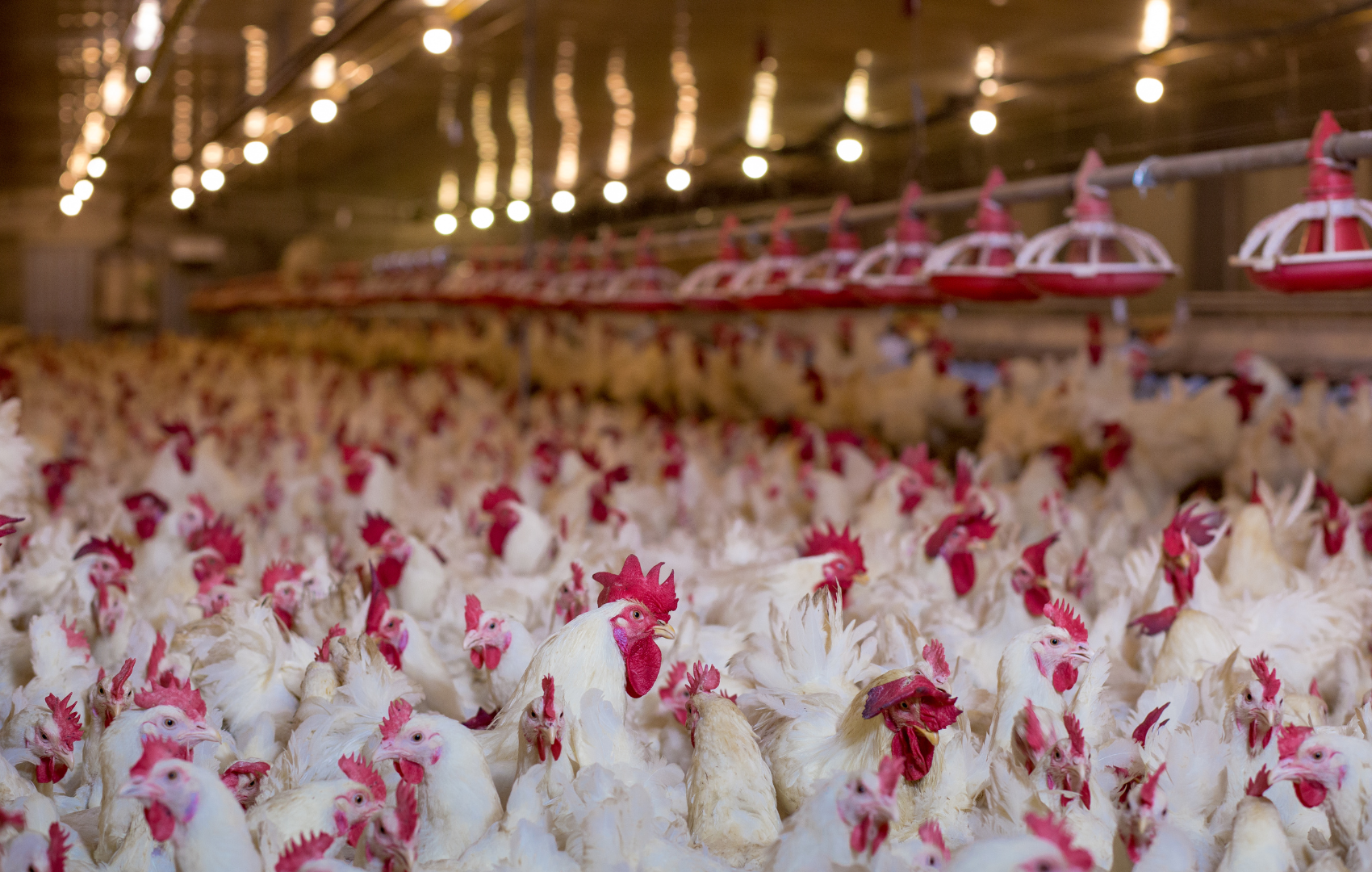“These are the troubles of the community about which we fast and sound [trumpets]: About haters of Israelites making troubles for Israelites; about the sword; about a plague; about dangerous animals; about locusts; about blight; about chlorosis; about collapse; about sicknesses; about [the lack of] provisions; and about the rain.”
—Maimonides, Mishneh Torah (emphasis added)
Judaism has always been a religion of community. From needing ten people to form a minyan to all of our souls standing at Mt. Sinai, we have always known that what we do together carries more weight and more purpose than what we can achieve alone.
Since (at least) 2020, it’s become increasingly clear that this communal consciousness is sorely needed in addressing issues of public health. In Jewish text and thought, it is fundamentally understood that plague is a “trouble of the community.” And that means that responding to plague, and preventing it in the first place, are communal responsibilities.
Covid-19 and monkeypox are just two of the most recent zoonotic outbreaks: diseases that originate in nonhuman animals and “spillover” into the human population. This can happen via lots of sick animals being confined together in a large, unsanitary place—like factory farms—or via human residences being forced further and further into previously wild space—a consequence of the massive (and massively inefficient) land use of animal agriculture. In other words, confining, abusing, and slaughtering animals isn’t just an animal rights crisis—it’s a public health crisis, too.
“No one got the flu, not even the common cold, until about 10,000 years ago,” writes Dr. Michael Greger, author of Bird Flu: A Virus of Our Own Hatching. “When we brought domesticated animals to the barnyard, they brought their diseases with them.”
Wendy Orent, author of Plague: The Mysterious Past and Terrifying Future of the World’s Most Dangerous Disease, puts it even more plainly: “Until factory farms housing millions of animals are eliminated, until we take the inevitable logic of disease evolution into account, novel, and potentially deadly, human diseases will continue to arise. Again. And again. And again.”
And even the Torah has some wise advice: In Numbers 11, we read the story of the Israelites demanding meat in their wandering in the desert. (God provided manna as their food source, which was ground and baked into bread.) Exasperated, Moses turns to God for help, who sends meat—and its consequences: “The meat was still between their teeth, not yet chewed, when the anger of God blazed forth against the people and God struck the people with a very severe plague” (Numbers 11:33).
The connection between meat and illness is not a new one. We have known it since biblical times, and it only keeps getting clearer: Eating animals is a major health risk.
And as a community, isn’t it our obligation to respond?
